Why Do Bees Die After They Sting Humans?
Bees are among the most fascinating and important creatures in nature. The question of why bees die after they sting humans is intriguing from both a biological and behavioral perspective. In this article, we will explore the scientific reasons behind why bees lose their lives after stinging. Additionally, we will provide insights into the defensive mechanisms and biology of bees.
Frequently Asked Questions
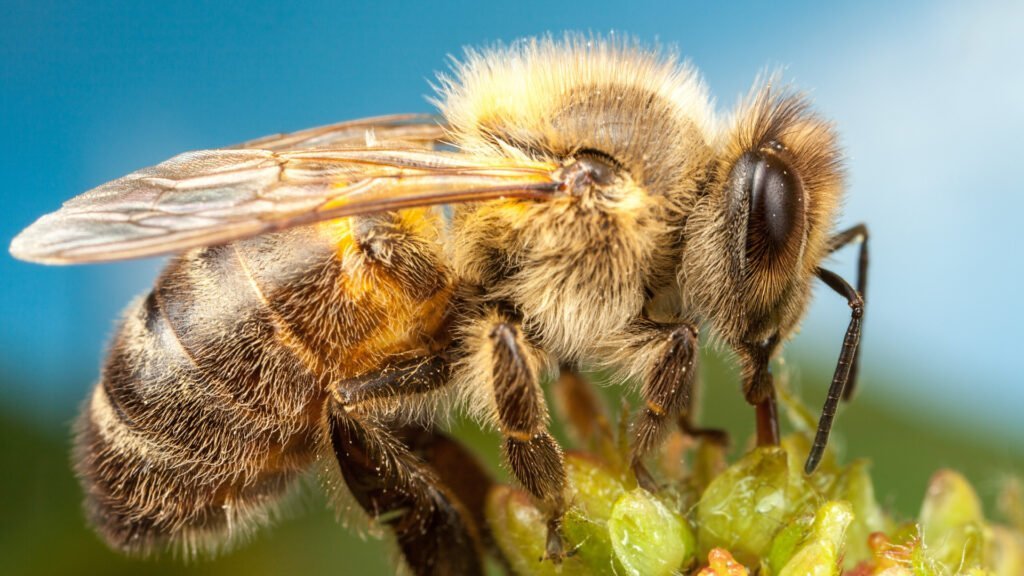
Bee Stings and What Follows: Why Does Death Occur?
The reason why a bee dies after stinging lies in its anatomical structure. Bee stingers are covered with small barbs. When a bee stings a human, these barbs get lodged in the skin. As the bee attempts to withdraw its stinger, it cannot do so because the stinger is attached to the bee’s body. In the process, the stinger, venom sac, and other internal organs are torn away, causing a massive trauma that leads to the bee’s death shortly after.
Why Do Bees Sting Humans?
The primary reason bees sting humans is to defend themselves or their hives. Bees are social insects, and their instinct to protect their colony is very strong. When they perceive a threat, particularly near their hive, they may resort to stinging as a defensive action.
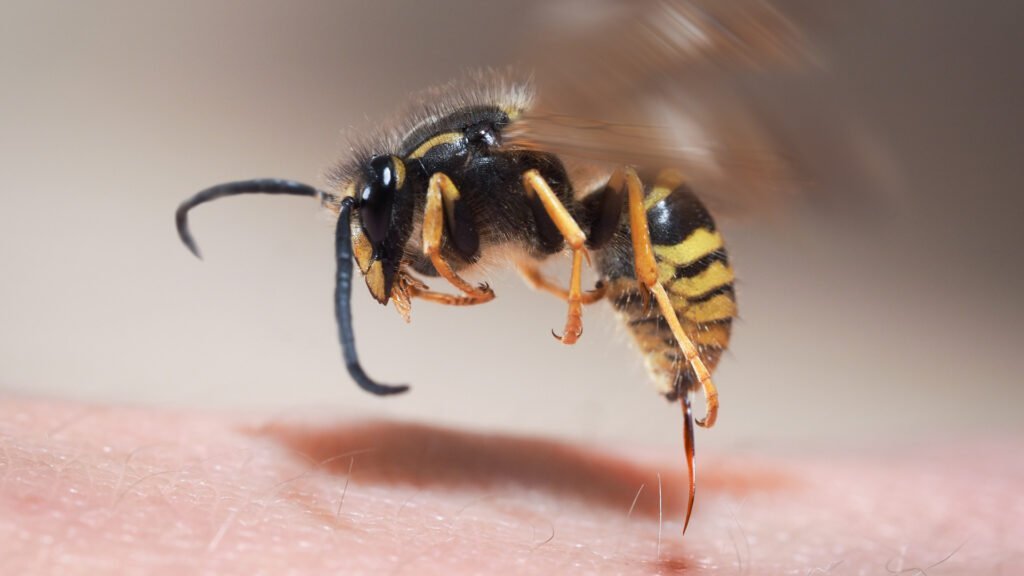
Consequences of Bee Stings: What Does It Mean for Humans?
For most people, a bee sting is a painful, yet relatively harmless experience. The pain comes from the venom, which contains proteins that affect skin cells and the immune system, causing swelling, redness, and a burning sensation. However, the venom also has antibacterial and antifungal properties, which is why it plays a key role in defending the hive from external threats.
The severity of a bee sting reaction can vary greatly between individuals. Some people may experience only mild discomfort, while others may suffer from more significant symptoms such as itching, swelling, or a rash. In rare cases, individuals with bee sting allergies may have a severe allergic reaction, known as anaphylaxis. This reaction can cause difficulty breathing, dizziness, and even life-threatening symptoms if not treated promptly with medical intervention, such as the use of an epinephrine injection.
It’s important for individuals who know they have bee allergies to carry necessary medication, like an epinephrine auto-injector (EpiPen), and to seek immediate medical attention if they are stung. For those without severe allergies, simple treatments such as applying ice, taking antihistamines, and keeping the affected area clean can help alleviate discomfort.
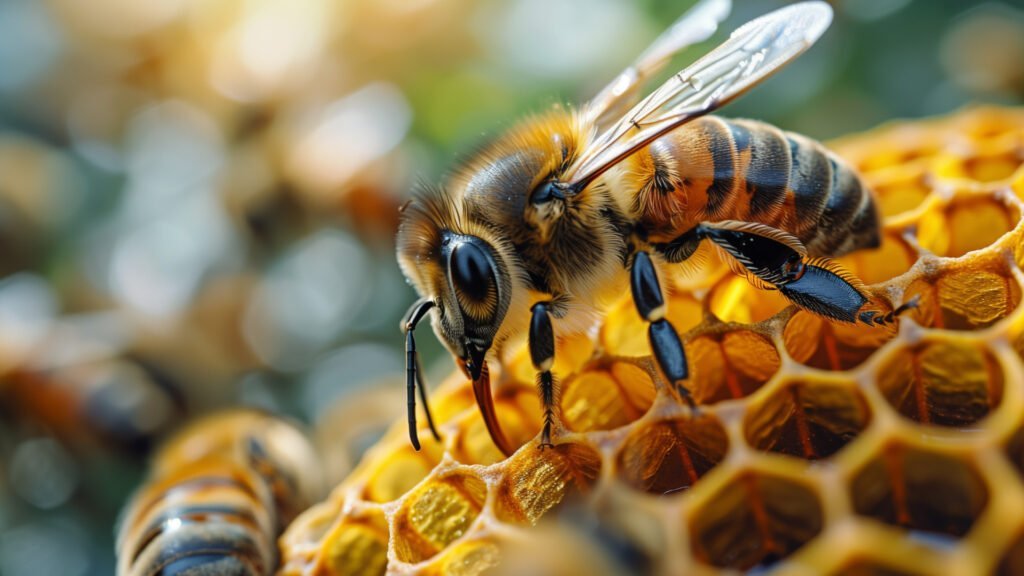
Conclusion: The Role and Importance of Bees in Nature
Bees are far more than just creatures that sting; they are integral to the health of ecosystems. Their role as pollinators is vital for the reproduction of flowering plants, which in turn supports biodiversity. Agricultural crops such as fruits, vegetables, and nuts heavily rely on bees for pollination. Without bees, food production would be severely impacted, leading to a ripple effect throughout the food chain.
The death of bees after stinging may seem like a small price to pay from a human perspective, but for bees, it is part of a larger, more complex system of survival and protection for the colony. The loss of bees is not only a loss for the insect itself but also a loss for nature and humanity. Protecting bees and ensuring their survival is essential for maintaining ecological balance and the continued productivity of the world’s food systems.
As humans, we can take steps to protect bee populations by creating bee-friendly environments, avoiding the use of harmful pesticides, and supporting conservation efforts. In doing so, we contribute to the preservation of a species that is crucial for life on Earth.
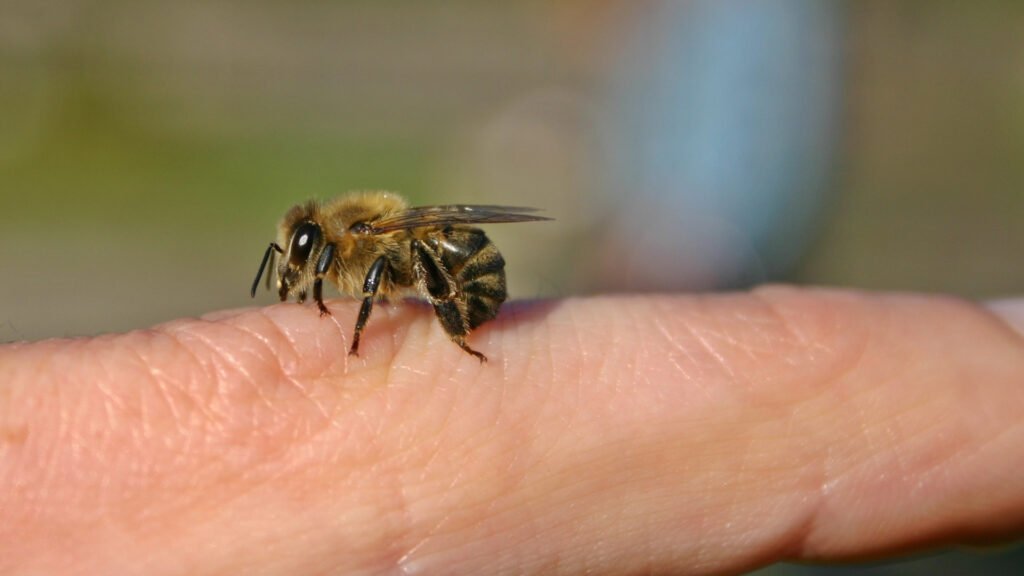
References:
- National Geographic. (n.d.). Why Do Honeybees Die After Stinging? Retrieved from https://www.nationalgeographic.com
- Science Daily. (n.d.). The Science Behind Bee Stings and Their Defensive Mechanisms. Retrieved from https://www.sciencedaily.com
- Smithsonian Magazine. (n.d.). Why Do Bees Sting and Die? Insights into Bee Anatomy and Defense. Retrieved from https://www.smithsonianmag.com
- American Beekeeping Federation. (n.d.). Importance of Bees in Pollination. Retrieved from https://www.abfnet.org
- Mayo Clinic. (n.d.). Bee Sting Reactions and Treatments. Retrieved from https://www.mayoclinic.org


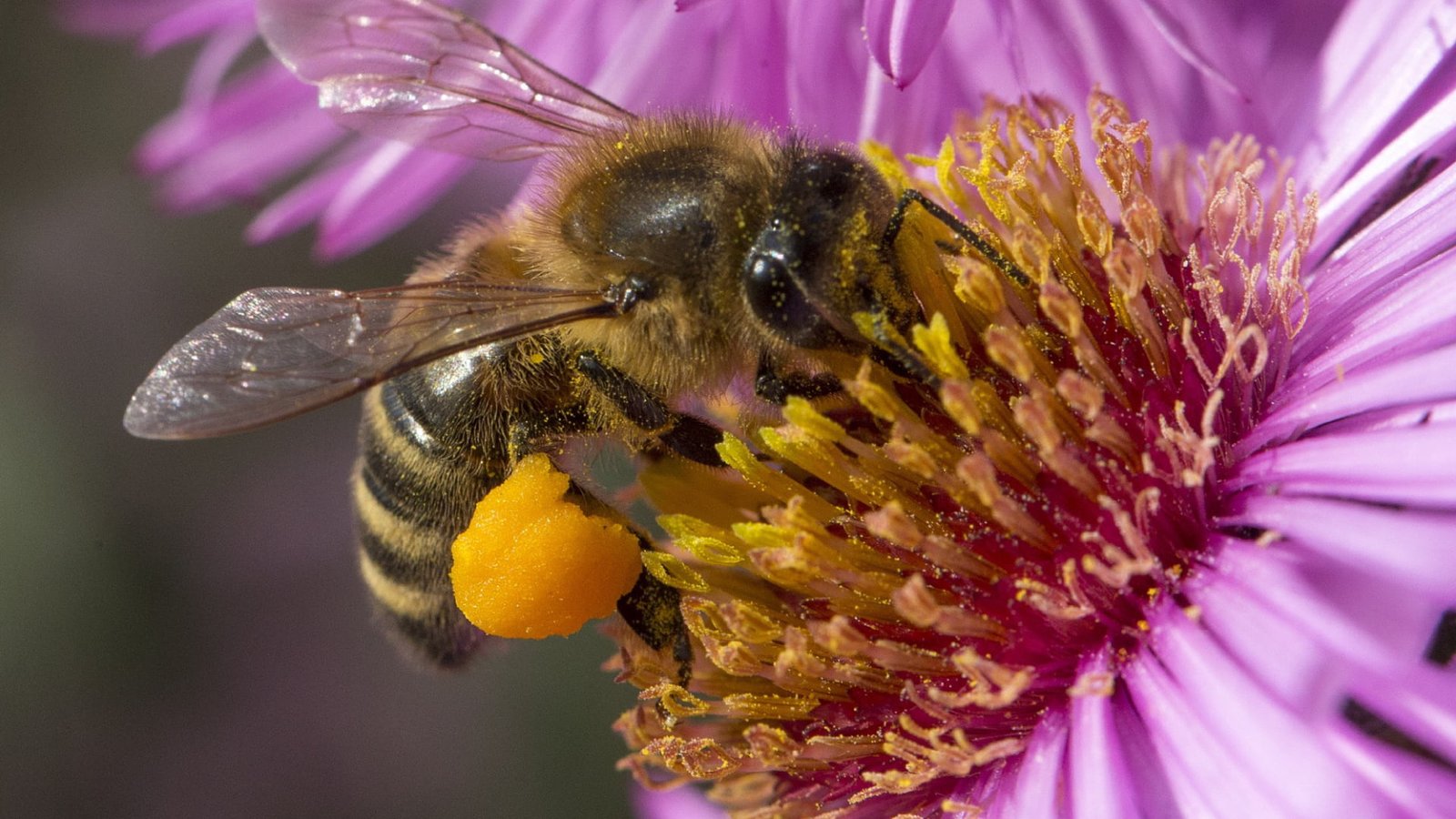









Leave a Comment